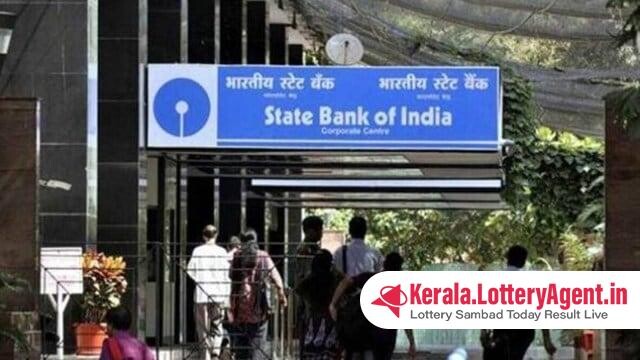
In a recent disclosure by the government, it has been revealed that the State Bank of India (SBI) has not submitted the bill for the printing of 8,350 electoral bonds, each with a denomination of Rs 1 crore. These bonds, which were rendered worthless following the Supreme Court’s decision in February to strike down the electoral bond scheme, represent a potential cost yet to be realized by the government.
The pending liability arises from the production of the bonds preceding the apex court’s ruling which found the scheme to be in violation of fundamental rights, specifically the right to information and freedom of speech. The government, in a response to a Right to Information (RTI) application filed by Commodore Lokesh K Batra (Retd), detailed the financial implications surrounding the defunct scheme.
In addition to the ineffective bonds, the government is likely to incur a cost of Rs 43.90 lakh payable to SBI for the 30th phase of electoral bond sales that took place in January of this year. The commission costs have amounted to Rs 12.04 crore, inclusive of GST, for all 30 phases of sales, out of which Rs 11.60 crore has been paid for the first 29 phases.
SBI’s commission for the 30th phase, as reported by the Department of Economic Affairs (DEA), is still under consideration for payment. Moreover, Rs 1.9 crore has been labeled as a charge towards the printing of these bonds, and an additional Rs 6,720 for a ‘Device to verify Mask-A-Print Security’, as per DEA records.
Interestingly, the government had taken proactive measures by printing a significant volume of electoral bonds valued at Rs 8,350 crore between December 29, 2023, and February 15, 2024, in anticipation of a favorable decision by the Supreme Court. This move was aimed at ensuring political parties could access funds ahead of the Lok Sabha elections.
Statistics demonstrate that since the inception of the Electoral Bond Scheme in 2018, political parties have mobilized a staggering Rs 16,518 crore across 30 phases, with the last phase alone accounting for Rs 570 crore through the sale of bonds. Corporate and business entities have predominantly been the major contributors to this funding mechanism.
With the stakeholders anticipating a 31st phase around the elections, the Supreme Court intervened, overturning the scheme before the election dates were set, thwarting what could have been another lucrative funding round for the parties. Records have indicated that in most of the 30 phases, 94 percent of the bonds sold were of the Rs one crore denomination, suggesting that the scheme was primarily patronized by corporations and high net-worth individuals.
Criticisms of the electoral bond scheme were centered around its opacity, as RTI activist Batra highlighted. While the bonds facilitated anonymous, tax-free funding for political parties, it was the government and ultimately tax-payers who shouldered the costs related to commission and printing without any service charges levied on the donors.
The electoral bonds, which were available in denominations ranging from Rs 1,000 to Rs 1 crore, were uniquely designed to enable political donations in a structured, albeit non-transparent, manner with SBI serving as the sole authorized issuer.
With all factors considered, the government’s final bill for these electoral bonds, which has now lost its purpose, serves as a reminder of the scheme’s controversial legacy and its abrupt termination, which has left India’s political funding landscape at a crossroads, awaiting reform and transparency.












